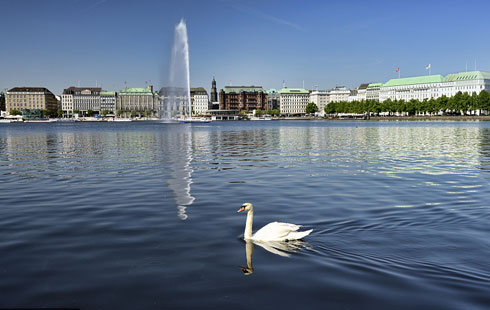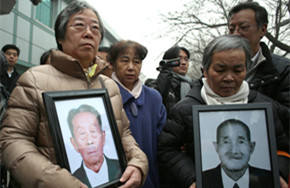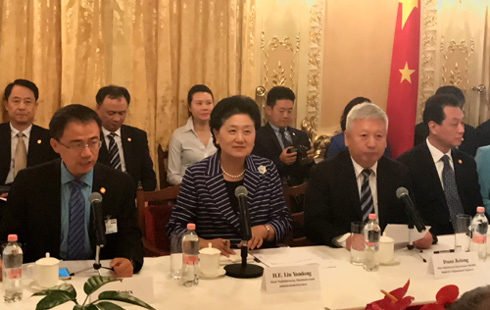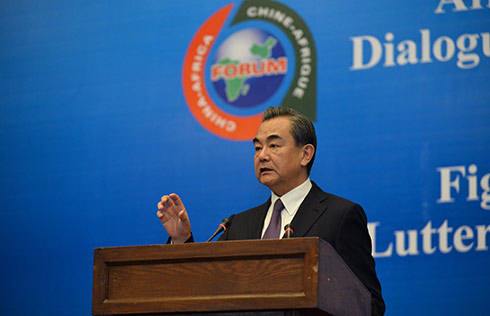From Hangzhou to Hamburg, G20 sees rising difficulties in pushing forward global agenda
HAMBURG, Germany - The two-day Group of 20 (G20) summit in Hamburg ended on Saturday with no consensus on the climate change.
German Chancellor Angela Merkel described the U.S. withdrawal from the Paris Agreement as "regrettable", as she closed the summit and presented the G20 declaration.
But she said all the other 19 members of G20 agreed that the Paris climate accord was irreversible and remained committed to it.
On the other most focused issue of free trade, although the G20 leaders reached an agreement on free trade, it seemed there were strong differences among members, as Merkel said in her remarks "the talks were very difficult."
"You can notice that controversies within the G20 are substantial about trade and climate change, even about multilateralism itself," Dr. Dirk Messner, Director of German Development Institute told Xinhua during the Summit.
The co-chairman of Think 20, a think tank for G20, said that international community has changed dramatically in the last three years, which posed new challenges to G20 leaders.
He said 2015 was a very important year for multilateralism. In this year, the Paris Agreement was achieved and the 2030 Agenda was signed by all the nations around the world. But 2016 was "a shock" as U.S. President Donald Trump made the year "very difficult for multilateralism".
The year of 2017 is again different as Britain started procedure of exiting from the European Union and Trump announced getting out from the Paris climate change agreement, he noted. Fortunately, the French election went well, serving as a great relief for the world.
Compared to the Hangzhou Summit in China last year, he added, G20 leaders are dealing with a more complex world this year in Hamburg.
Professor Gu Xuewu, director of the Center for Global studies at Bonn University told Xinhua, "it would be not easy to reach agreements at the Hamburg Summit".
So it needs a more powerful G20, according to Dennis J. Snower, President of Kiel Institute for the World Economy, also co-chairman of T20.
He was echoed by Messner, "G20 is even more important, and we need to rebuild it".
G20 represents 80 percent global GDP, 80 percent of global trade and 80 percent of global resources and consumption, "If G20 can't solve our global problems, no one else can solve it " Messner said, "They are responsible."
Snower added that the global economy is "basically and completely integrated", so the problems generated are also interdependent, such as climate change, financial crisis, cyber security and terrorism.
"These problems cross national boundaries and can only be solved multilaterally," Snower said.
According to Messner, as the United States' global influence is weakening in many aspects, the importance of the European Union as well as the importance of China rises automatically.
John J. Kirton, co-director of G20 Research Group at University of Toronto, also thought China is emerging as a leader in the compliance of G20 Summits outcomes and pushing forward G20 Agenda.

























